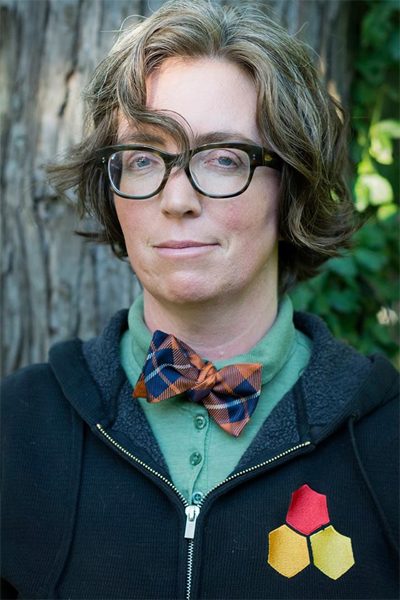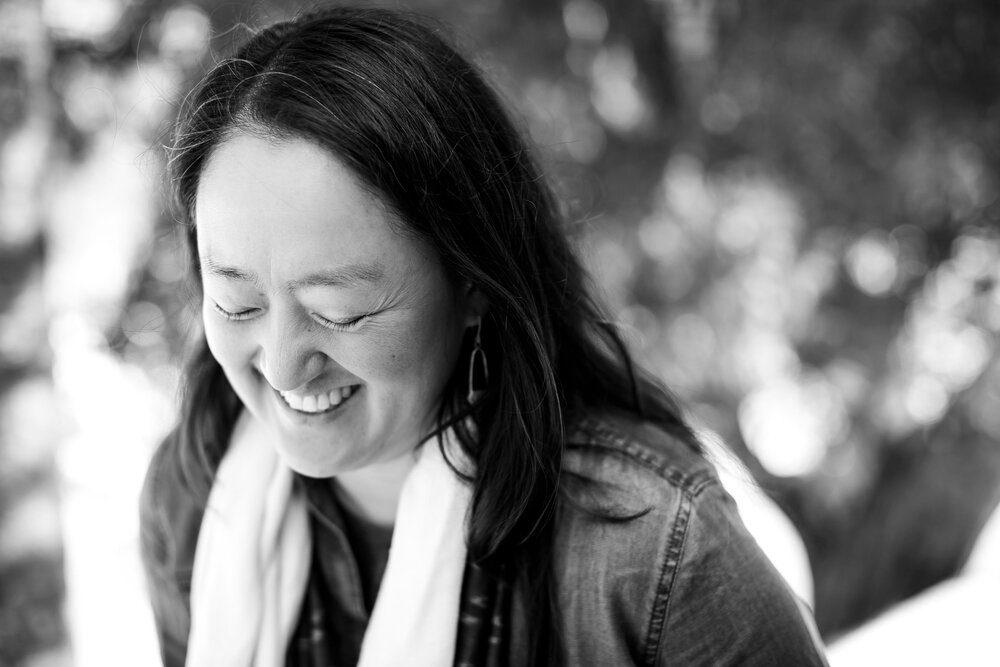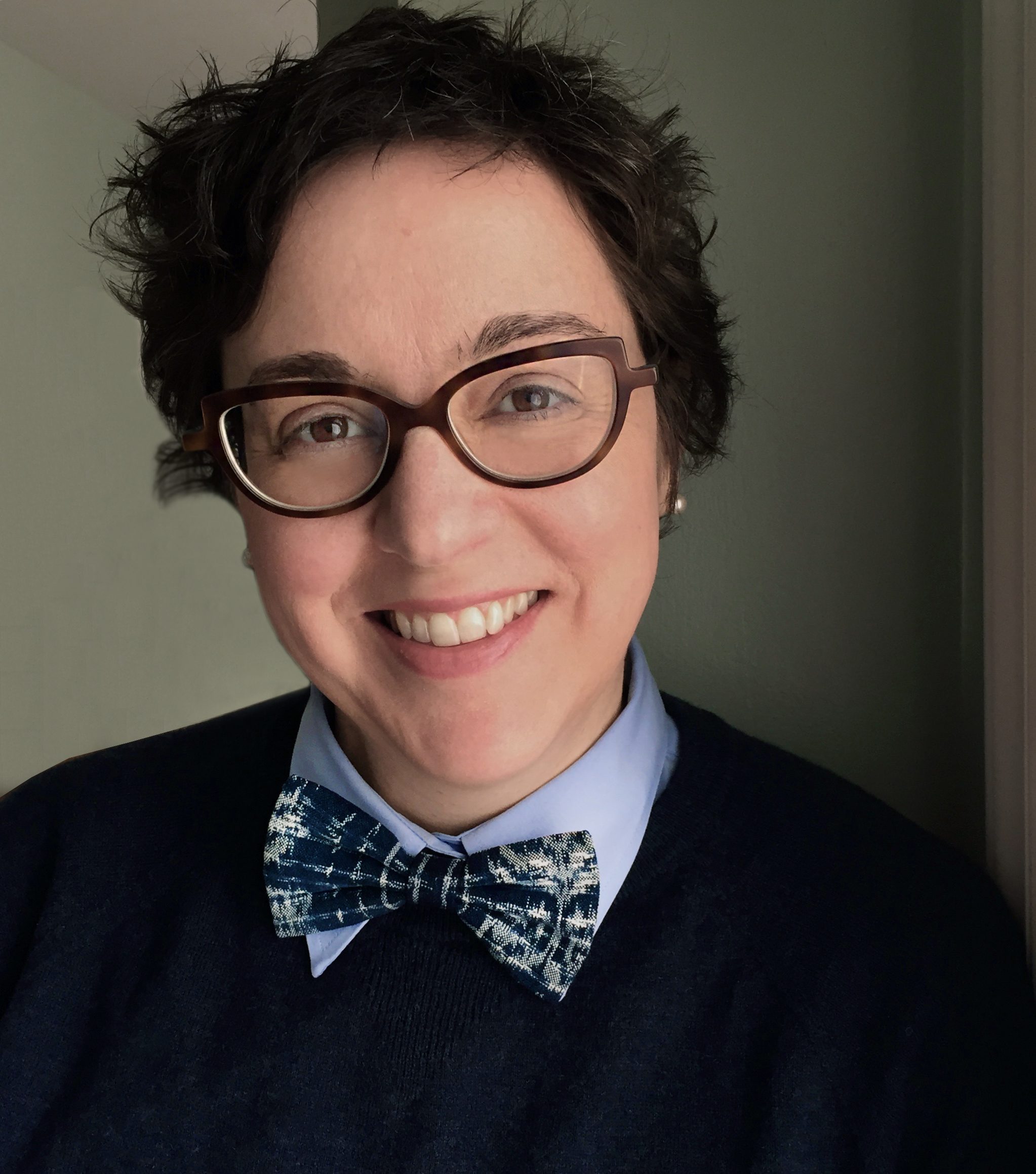Poetry faculty member Gabrielle Calvocoressi was recently featured in Poetry. Read an excerpt of Calvocoressi’s poem below:

Miss you. Would like to grab that chilled tofu we love.
Do not care if you bring only your light body.
Would just be so happy to sit at the table
and talk about the menu. Miss you.
Wish we could bet which chilis they’ll put
on the cubes of tofu. Our favorite.
Sometimes green. Sometimes red. Roasted
we always thought. But so cold and fresh.
How did they do it? Wish you could be here
to talk about it like it was so important.
Read this poem in its entirety here: https://www.poetryfoundation.org/poetrymagazine/poems/156434/miss-you-would-like-to-grab-that-chilled-tofu-we-love











